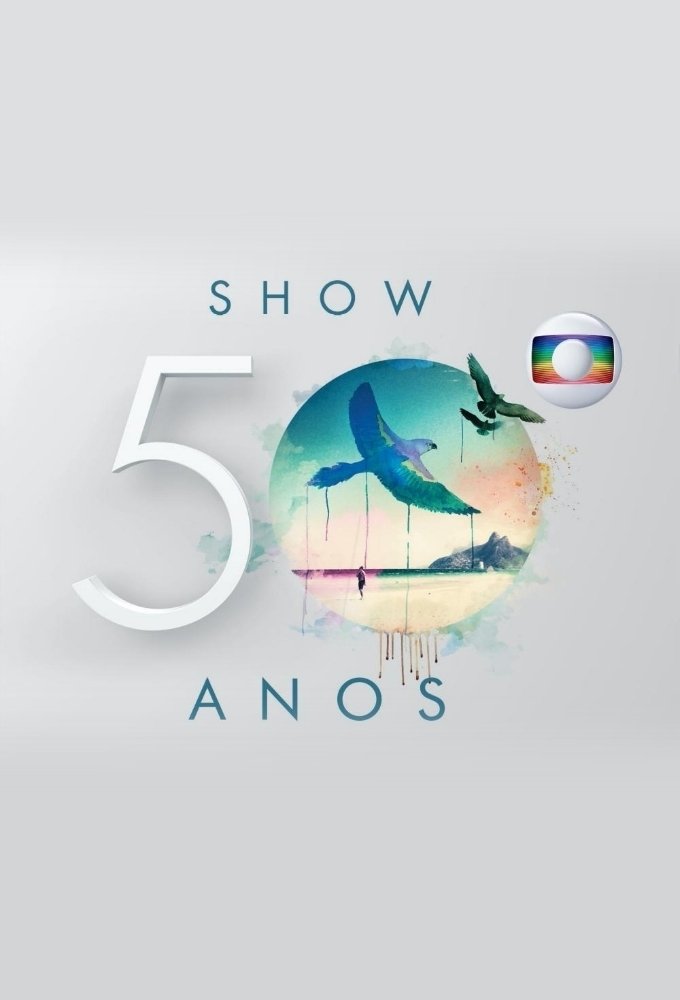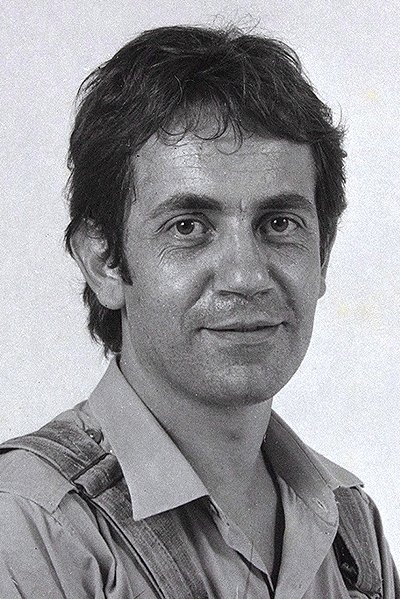

Paulo José Gómez de Souza (born 20 March 1937, Lavras do Sul, Rio Grande do Sul) was a Brazilian television and film actor, director and narrator.

For this behemoth, Bressane took his opera omnia and edited...
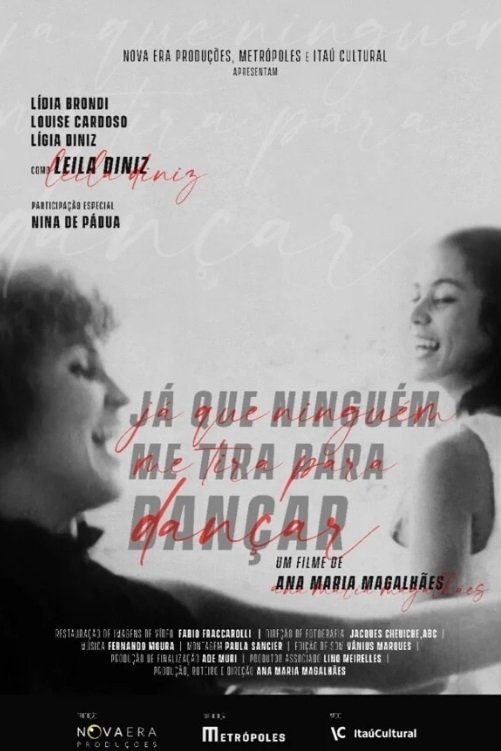
Conducted from interviews with personalities who lived with Leila Diniz...
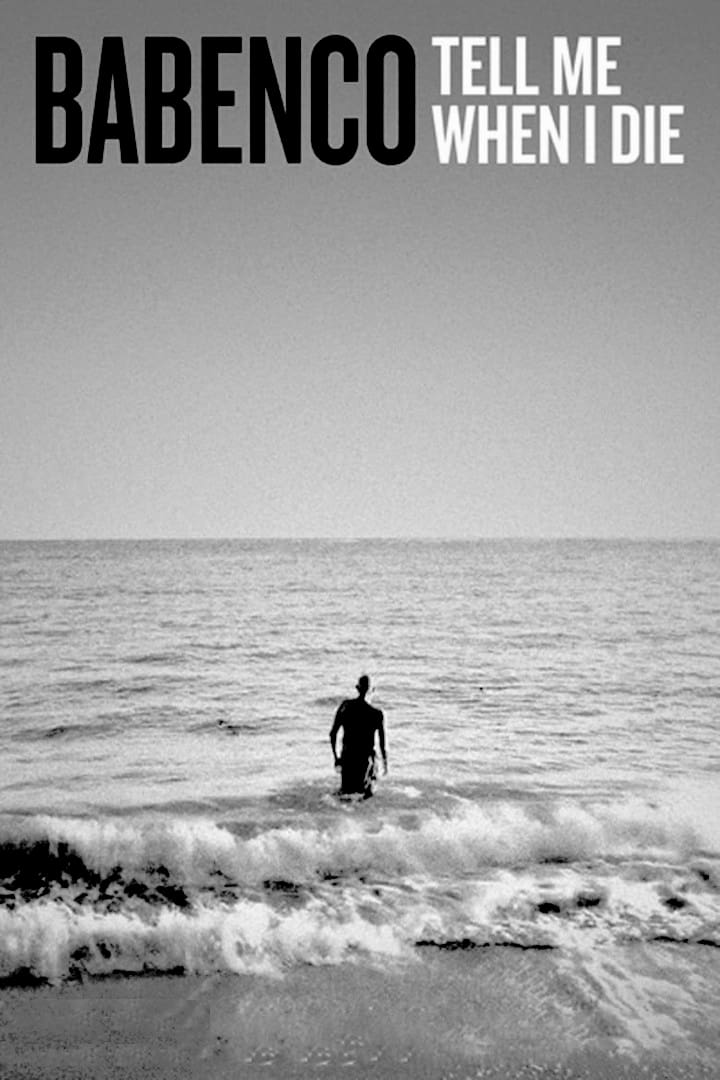
Besieged by cancer and nearing the end, the genius Argentine-Brazilian...
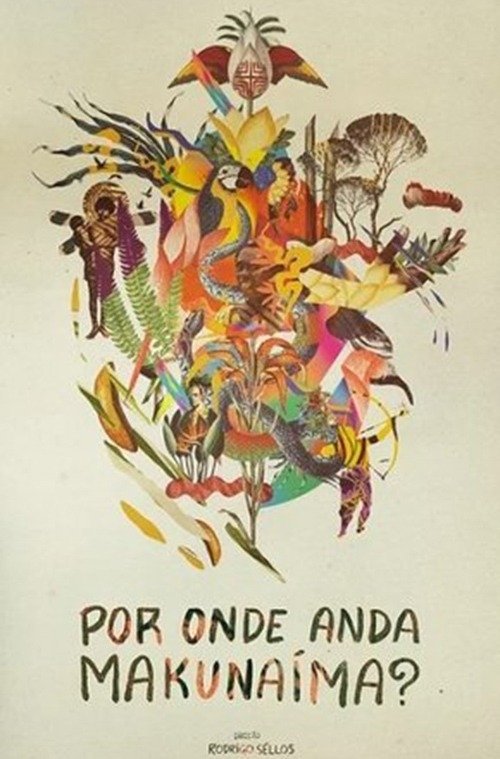
Searching for Makunaima is a cultural and historical account of...
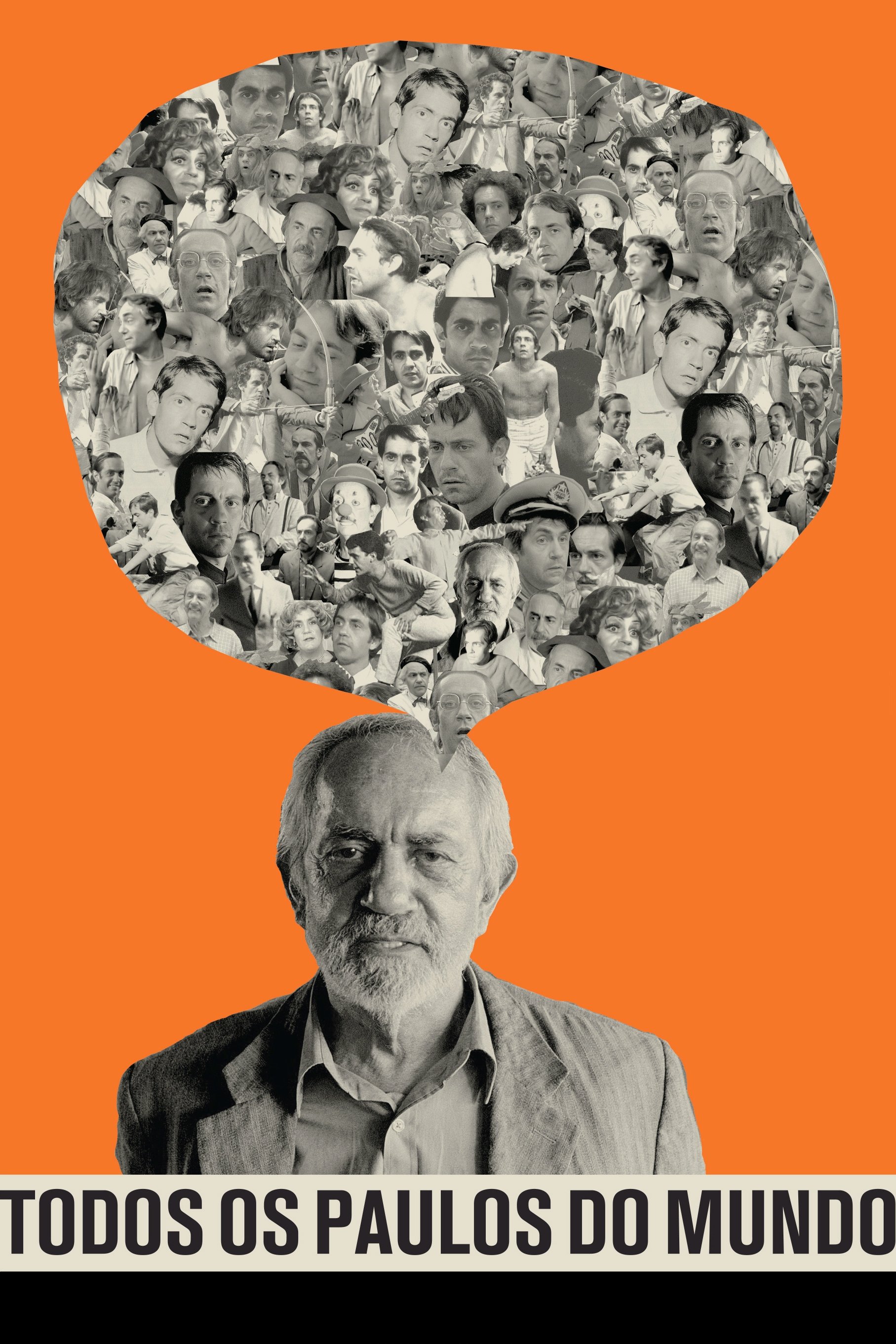
"All Paulos in the World" is a cinematographic essay about...
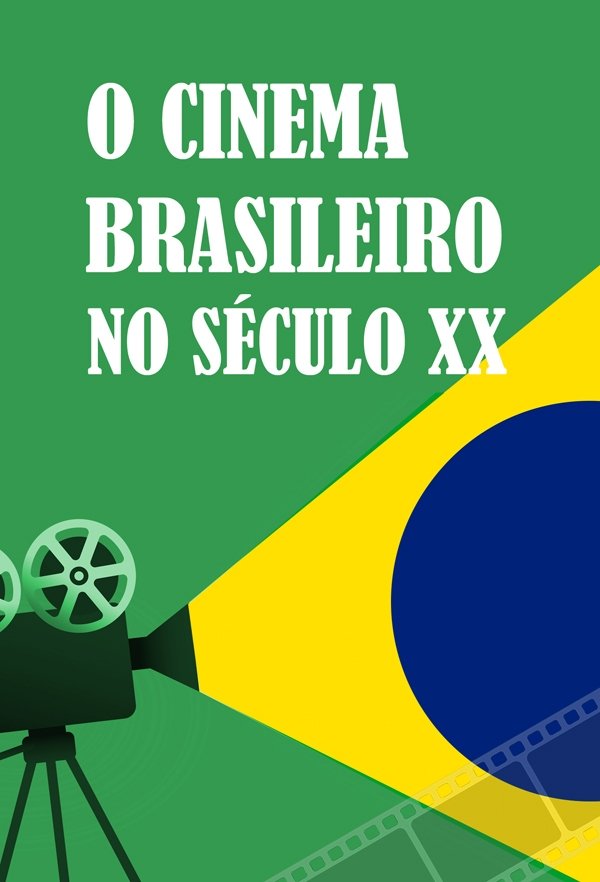
Two years of research and visits to collections, cinematheques and...
